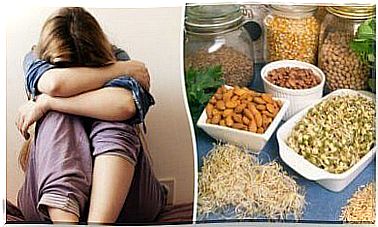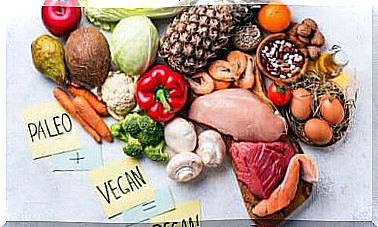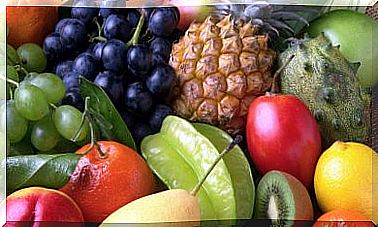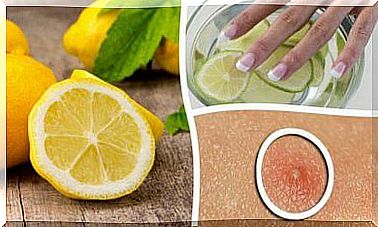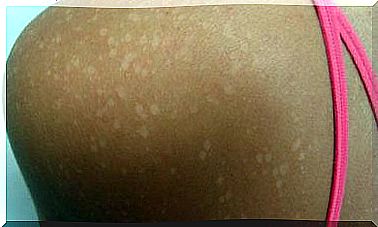6 Tips For Cooking To Lower Cholesterol
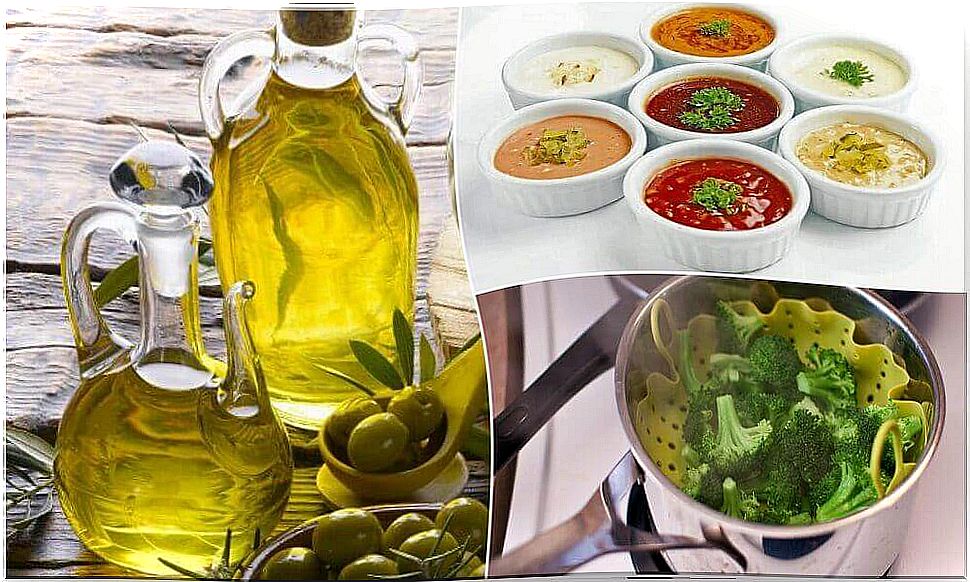
The accumulation of excess cholesterol in the arteries (known in medicine as hypercholesterolemia) is a common phenomenon in our modern society. It is associated with chronic cardiovascular disease.
This fat, which is secreted naturally by the liver, forms a hard plaque that clogs the arteries. Thus, it makes blood circulation difficult and interferes with heart function.
Of particular concern is the fact that many of us ignore the following fact: many very popular foods cause high cholesterol . Thus, the daily diet often affects the amount of that fat in the body too much.
In addition, because the condition does not cause clear symptoms, many are unaware of their own high cholesterol levels. If left unchecked, more serious illnesses result.
So it is very important to try to keep your cholesterol levels under control by following a healthy lifestyle and taking some cooking tips to help lower your cholesterol.
If you’re interested in improving your health, keep reading – the following basic tips will help you fight off too much cholesterol.
1. Avoid ready-made sauces

These sauces do improve the taste of food – meat, vegetables and many other products. The problem, however, is that they are full of fat, cholesterol, and additives that, over time, adversely affect human health.
Indeed, consuming these sauces is often one of the causes of high cholesterol and metabolic problems.
Recommendations
If you want to improve the taste of your food in a healthy way, choose the following side dishes:
- sour cream
- mustard seeds
- greek yogurt
- organic tomato sauce
- herbs and spices
- apple cider vinegar
- lemon juice
- Red wine
2. Choose low-fat dairy products
Although dairy products contain nutrients that are good for health, it is important to remember that they also bring a lot of cholesterol into the body as they are of animal origin.
Whole milk, yogurt, cheese and other such products are full of saturated fats that become absorbed by the body and promote the development of high cholesterol.
Recommendations
- To reduce cholesterol, choose low-fat products, light products, or completely fat-free versions of your familiar favorites.
- Whenever you can, replace dairy products with alternative, plant-based products.
3. Limit the use of margarine
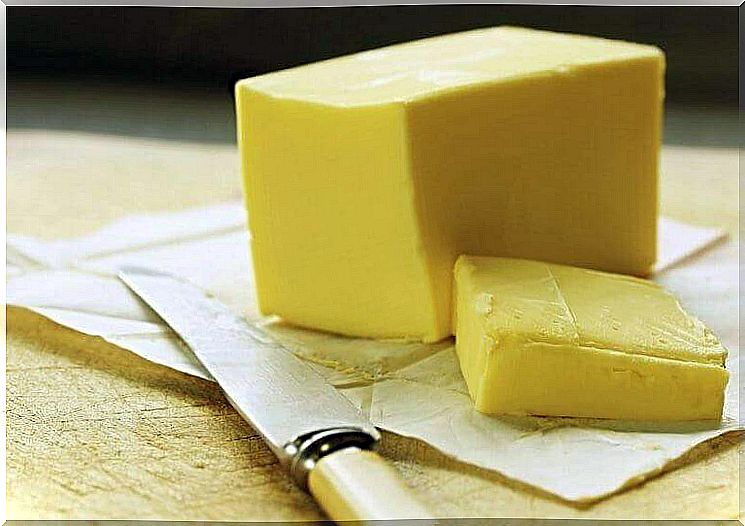
Margarine is found in many foods. However, it is a major source of cholesterol, and while it tastes good and is very versatile, it is best to reduce your intake of margarine and replace this product with healthy fats.
Recommendations
If you are used to using margarine in cooking, try healthier options for lowering cholesterol:
- sunflower oil
- olive oil
- rapeseed oil
- coconut oil
- avocado seed oil
4. Check your cooking habits
Many of us don’t think much about our methods in the kitchen. While this issue may not seem relevant, in fact it is closely related to high cholesterol.
This fat, like triglycerides, accumulates too much in the arteries also due to the saturated oils and fats used in cooking.
Recommendations
- First, choose grilling, steaming, or baking foods instead of frying them in fat.
- Use lower temperatures to better preserve the nutrients in the ingredients.
5. Include olive oil in your diet
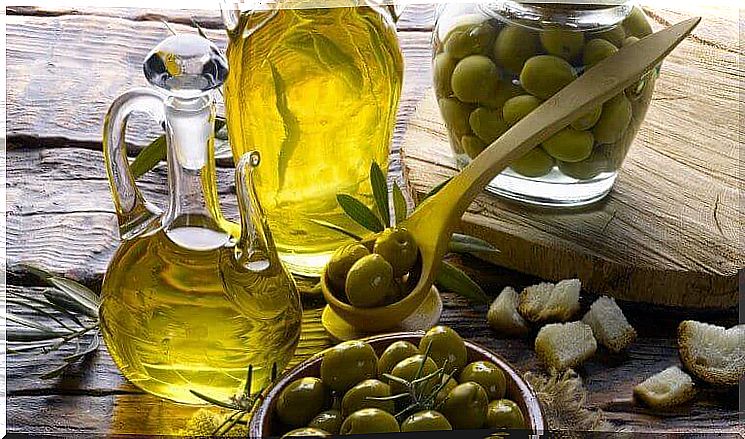
Because it is rich in essential nutrients and healthy fats, olive oil is one of the most essential ingredients in the kitchen. Extra virgin olive oil contains Omega-3 fatty acids, vitamin E and essential minerals that increase good cholesterol (HDL) in the blood.
All this combined with the antioxidants in olive oil slows down the amount of oxidative stress and reduces the risk of cardiovascular disease.
Recommendations
- Enjoy a spoonful of olive oil on an empty stomach.
- Use olive oil to make salad dressings.
- Add it to soups, stews, smoothies and other recipes.
6. Increase the amount of fruits and vegetables
Red meat, industrial meat products, and other highly processed foods are a major source of bad cholesterol (LDL).
Instead of eating plenty of them, increase the amount of fresh vegetables and fruits in your diet. First, you will feel better this way, but in addition, you will cleanse your arteries and help improve your cholesterol levels.
Recommendations
- Eat 3-5 fruits a day.
- Fill the day with main meals.
- Try to eat vegetables raw whenever possible so that you can make full use of their nutrients.
Cholesterol control is entirely possible and is by no means tough. Just remember these simple recommendations and you will be able to change your diet to improve your health.
